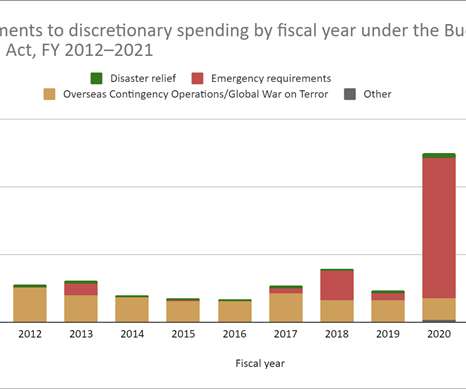State of the Nation - a UK Perspective on Covid-19
Emergency Planning
OCTOBER 23, 2020
Since the start of the crisis, I have constantly affirmed that the key to understanding the effects of this pandemic is the UK Government's failure to give adequate weight to emergency planning and management (Alexander 2020a, 2020b). The scenario for this pandemic (excluding the recovery) was fully formulated over the period 2003-2009.












Let's personalize your content